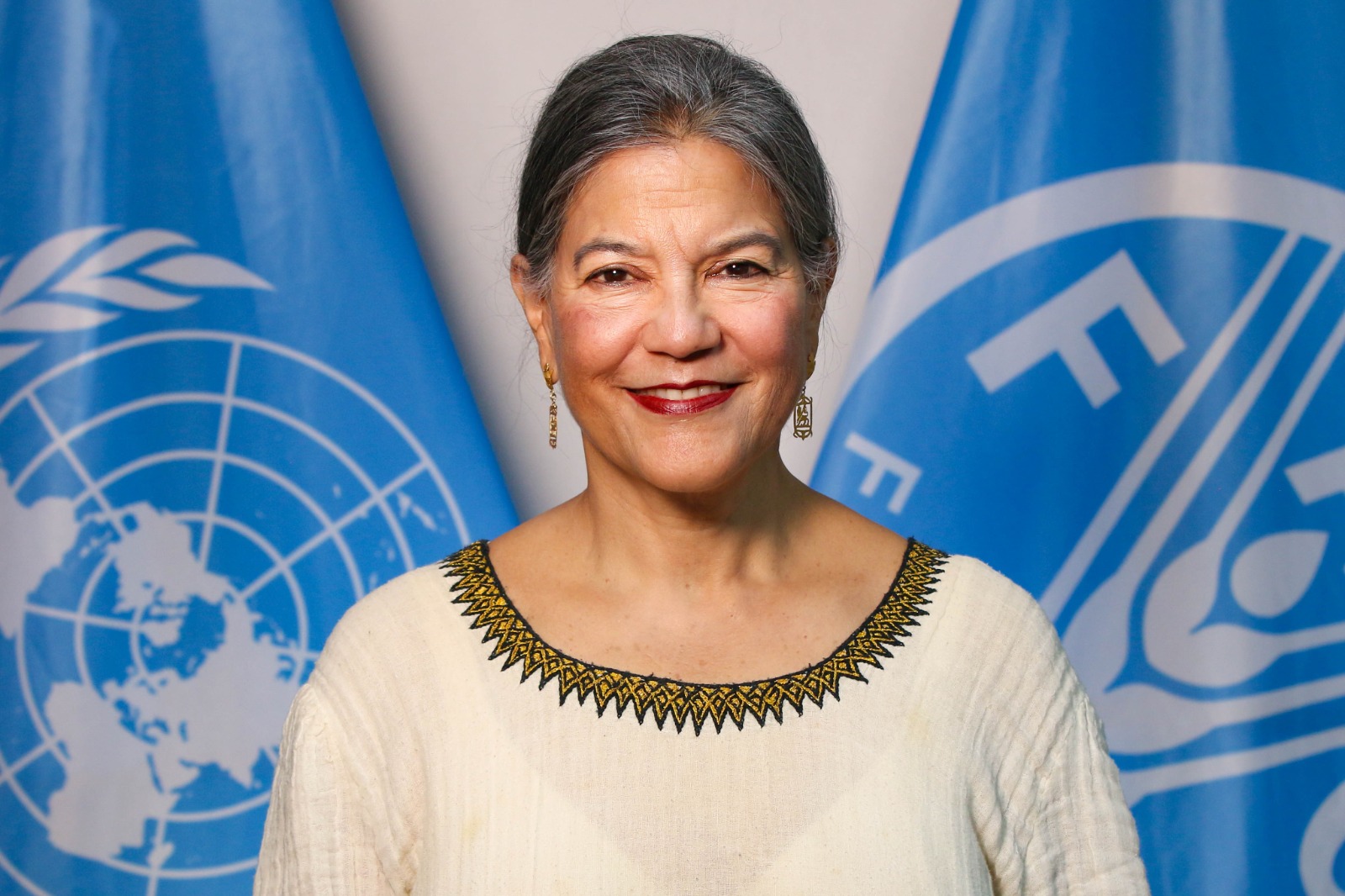The specialist asserts that, although the country has made significant progress in eradicating malnutrition, it currently faces a major challenge related to overweight, obesity, and access to diverse and quality diets. In this context, the school environment can be a significant support, especially in times of crisis.
According to data from the Food and Agriculture Organization of the United Nations (FAO), globally, 149 million children under 5 years are too small for their age, 40 million are overweight, and many millions suffer from deficiencies in essential nutrients that persist into school age.
Therefore, it is crucial to address malnutrition in early stages and involve schools in this process. “Experience shows that educational communities are fundamental for nutrition, not only for those receiving food from the State but also because they are food environments where children can spend up to two-thirds of the day,” states Eve Crowley, FAO Representative in Chile.

Future Challenges
Crowley highlights that the country has been a global example in eradicating child malnutrition, partly thanks to its School Feeding Program. However, even with the progress made, significant challenges remain concerning overweight, obesity, and access to healthy, diverse, and quality diets.
Additionally, she emphasizes the importance of discussing how to promote more inclusive and sustainable production, how to educate and provide nutritious foods that are well-consumed, and how to reduce losses and waste. “Today, one of the main issues to address is the quality and diversity of food, how (and from whom) we buy them, the limited nutritional education, and the universality of the School Feeding Program. Receiving proper nutrition should not be a benefit for some but a right for all. At the very least, we should ensure one or two healthy meals in schools per day, especially in times of crisis,” assures the specialist.
In this regard, the FAO representative in Chile explains that there is currently a discussion about creating a National School Feeding Policy and a School Feeding Law in collaboration with the National Board of School Aid and Scholarships (Junaeb). “It is crucial for Chile to have clear guidelines on how school meals should be, but also to consider the perspective of the food system: where we buy these foods, who produces them, what we prepare according to our culture, how we educate in nutrition, and the basic cooking skills,” she says.
Lines of Action
As a way to support countries in need, FAO has a School Nutrition Standards and Guidelines program, whose main objective is to improve the nutritional quality of school meals and promote interventions in the school food environment. “Unfortunately, many children cannot access healthy nutrition, and that’s where a universal School Feeding Program is essential to ensure their good nutritional status, academic development, the attendance of girls and boys in schools, and the formation of good eating habits,” says Crowley.
*Content published by the newspaper El Mercurio, from Chile.



